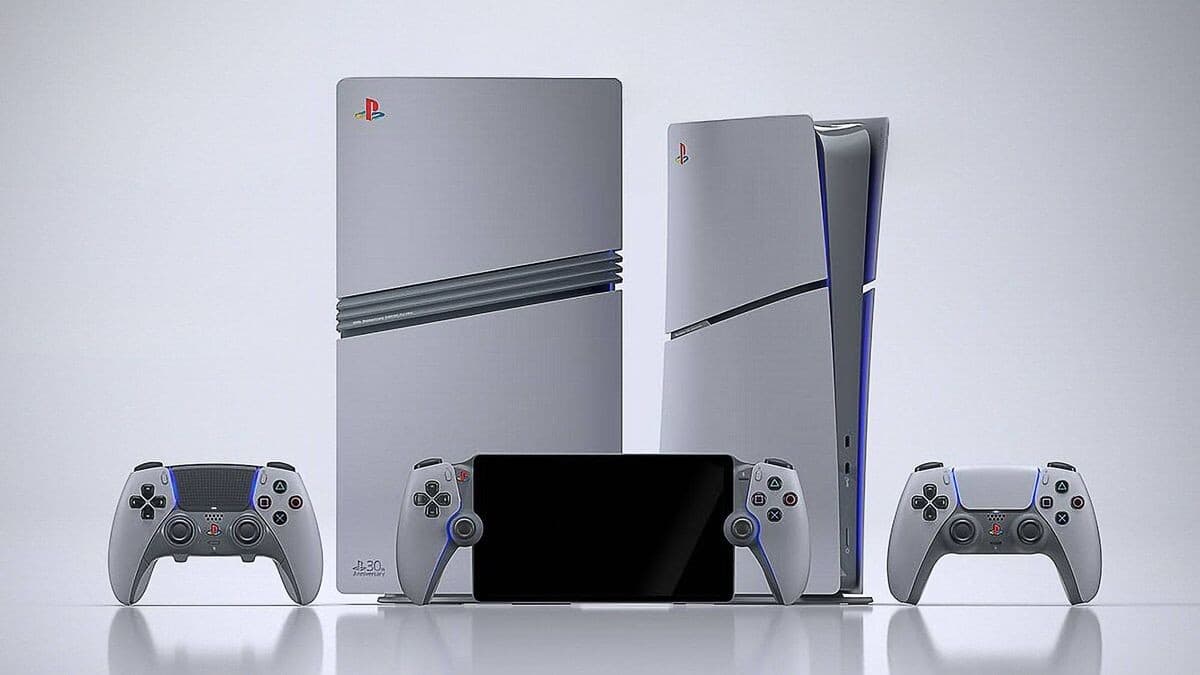
PlayStation turns 30: A look back at Sony's gaming revolution
What's the story
The year is 1994. Sony, a company known for electronics and entertainment, enters the video game console market with a revolutionary product—the PlayStation.
This unassuming grey box, launched in Japan on December 3, would go on to become a cultural phenomenon, forever changing the landscape of the gaming industry.
Sony needed to sell a million units to break even. But it went beyond expectations, selling over 102 million units globally, making Sony a key player in this lucrative market.
Game changer
PlayStation's impact on the video game industry
Prior to PlayStation's arrival, the console market was largely dominated by Nintendo and Sega. However, Sony's entry disrupted the status quo.
"PlayStation changed the history of video games," said Hiroyuki Maeda, a Japanese expert in video game history. He added it revolutionized everything from hardware to software, distribution, and marketing.
The console also contributed to the launch of some of the most popular franchises in gaming history.
Strategic shift
Sony's strategic move to target adult gamers
Sony smartly targeted adult gamers, a move that played a major role in PlayStation's success.
This was different from the usual notion of video games being a child's pastime.
The company focused on bringing in a more mature audience with games like Tekken, Resident Evil, and Silent Hill.
Their marketing strategy also reflected the same, with acclaimed filmmaker David Lynch directing PS2 ads launched in 2000.
Evolution
PlayStation's journey and future prospects
Over the last three decades, PlayStation has seen fierce competition and technological evolution.
Even as it faces challenges from the likes of Microsoft's Xbox and Nintendo's Switch console, Sony continues to push the envelope.
The company recently launched an upgraded PS5 Pro version with improved graphics, more memory, double storange than PS5, and AI upscaling.
Now, Sony is also planning a new handheld PlayStation—another chapter in its ongoing rivalry with Nintendo.